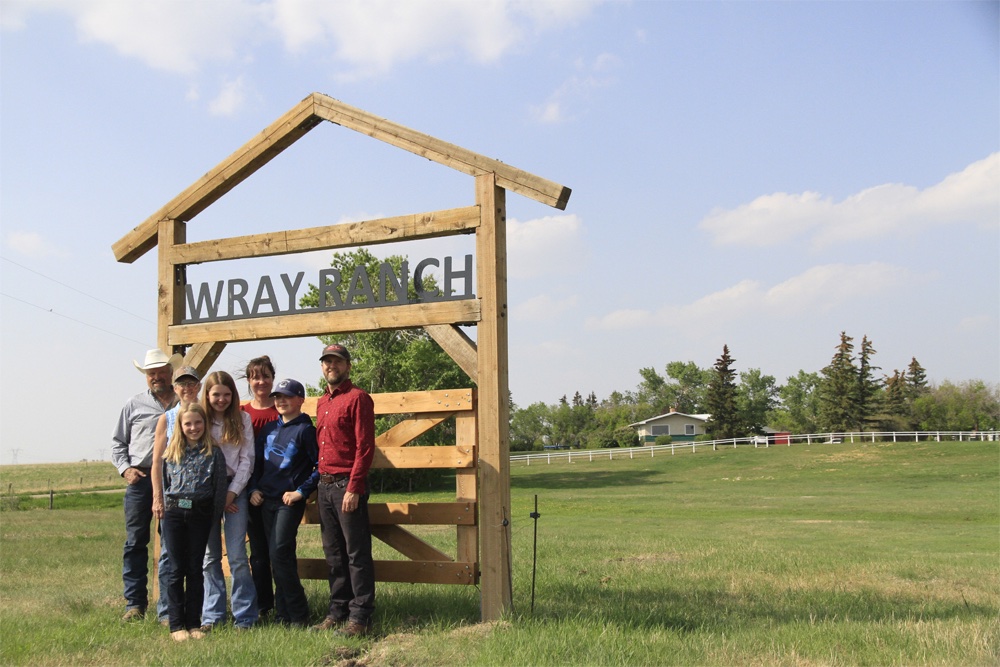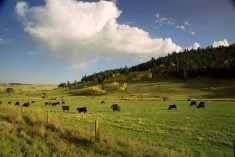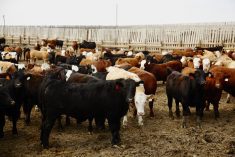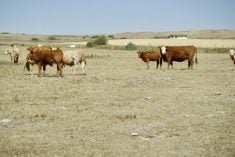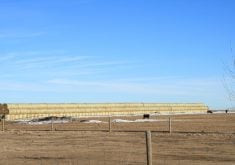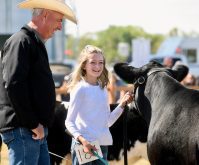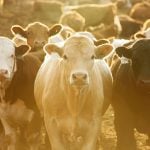Uncertainty is often the common thread that unites us, and this summer is no different with adverse weather hitting cattle producers across the country. Perseverance and hard work are not new to us, but sometimes we need support to get through the tough times.
This was a message I carried with me to the federal, provincial and territorial agriculture ministers’ meeting in Fredericton, New Brunswick, in mid-July. Wildfires, consecutive years of drought throughout the Prairies and extremely wet conditions in Atlantic Canada have elevated the urgency of support needed by producers. At the meeting, I emphasized the need to move ahead with AgriRecovery as soon as possible. It was positive to see ministers recommit to providing drought relief to producers in Western Canada by working across governments to share data and complete the AgriRecovery assessment in a timely manner.
Progress was also made on important discussions concerning establishing a livestock price insurance program for producers in the Maritime region. The Canadian Cattle Association (CCA) was pleased to see Minister Bibeau and her Maritime counterparts commit to moving forward with discussions on livestock price insurance to bring this important risk management tool into the Maritimes. While there are still details that need to be worked out at the provincial level, this announcement is a step in the right direction. We will continue to advocate for cost-shared premiums for all cattle producers across the country who choose to use livestock price insurance. This will bring us into equity with crop producers and our counterparts in the United States.
Read Also
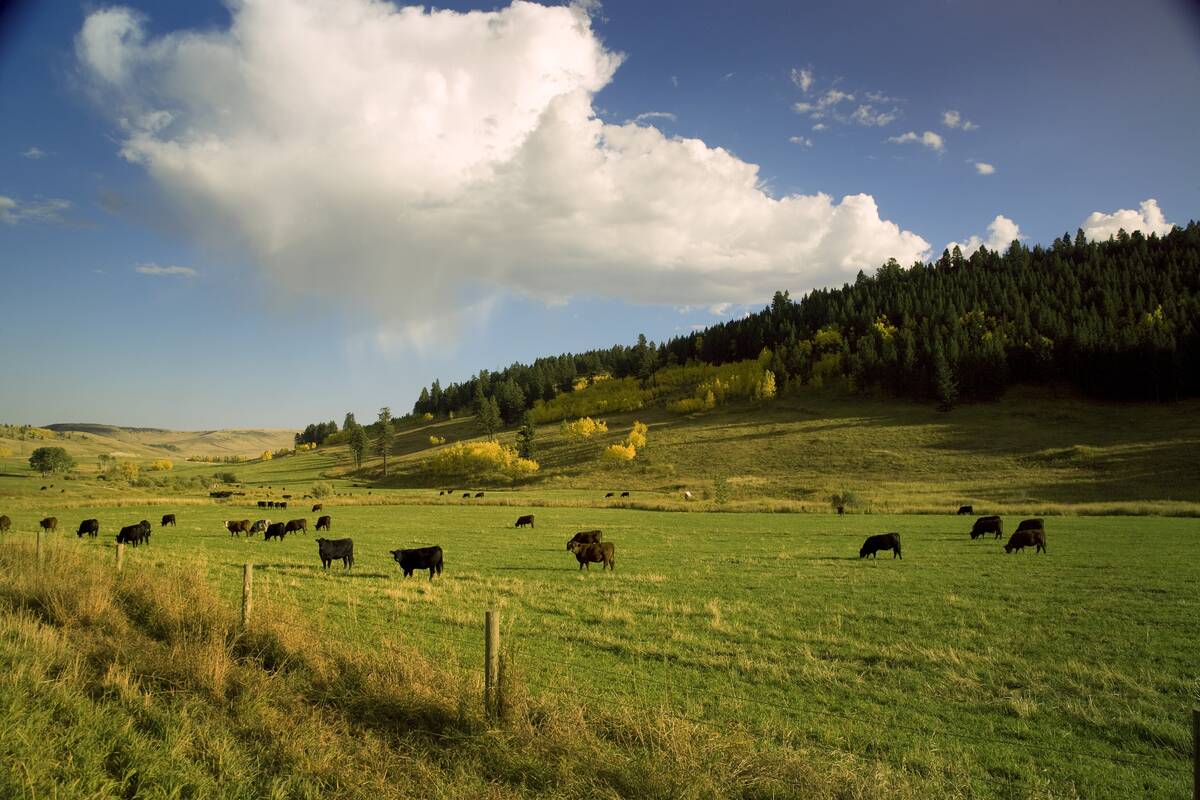
The Canadian Cattle Association’s international advocacy efforts
Global ag policies affect Canadian food policy, so the Canadian Cattle Association participates in international and domestic forums
Additionally, the federal, provincial and territorial meeting saw ministers reaffirm their commitment to continuous improvements of the business risk management program and agreed to implement a new optional model for AgriStability to help ensure timeliness, simplicity and predictability. This is positive news for cattle producers as we continue to navigate risks related to adverse weather, the markets and the economic climate.
But access to government programs isn’t the only way we weather storms. Producers across the country are continually incorporating progressive stewardship practices into their operations, which not only result in positive environmental benefits but also make good economic sense and have proved beneficial as we’ve experienced periods of extreme weather over the last number of years.
When I look at the recipient of this year’s national Environmental Stewardship Award (TESA), Wray Ranch, located in Alberta, it is very evident how responsible farming practices can go hand-in-hand with success and play an important role in navigating challenging years of extreme weather conditions.
Wray Ranch is owned and operated by Doug and Linda Wray, in partnership with their nephew Tim and his wife Joanne. They have been recognized for their commitment to sustainable cattle production with a focus on practices that enhance soil health and reduce erosion.
The ranch was established in 1910 as a mixed farming operation and for the first 80 years produced both annual crops and livestock. That continued until about 1998 when Doug and Linda, as the third generation, transformed the operation. The Wrays moved 1,000 acres of cropland to high-percentage legume pasture, which enabled year-round grazing.
Their land base today includes about 1,700 acres of deeded land with 320 acres in cereals for swath grazing and feed, and the rest dedicated to perennial forages including 350 acres of native grass. The Wrays also manage about 700 acres of rented pasture.
The Wrays recognize the value of applying proper grazing management to their native and tame grass pastures and when needed, make tough decisions to help support the viability and long-term health of their cow-calf and yearling operation. For example, with drier-than-average growing seasons in recent years, the Wrays have sold cattle, rented pasture and contracted custom grazing to reduce grazing pressure on their ranch. This has helped keep their pasture in good shape despite consecutive years of hot, dry weather.
Over the last 27 years, CCA has been proud to recognize cattle producers from across the country who exemplify what it means to be stewards of the land through TESA. Congratulations to the Wray family and all this year’s extraordinary TESA nominees for sharing your sustainability stories with us and all Canadians. You have much to be proud of!
Before signing off, I’d like to take a moment to recognize Minister Bibeau as she moves from the agriculture and agri-food portfolio to national revenue. She worked hard to advance the key policy priorities of Canadian beef producers and was always willing to listen and learn more about the challenges and opportunities facing our sector. We wish her the best in her new role. We also welcome back Minister MacAulay to agriculture — we are getting to work right away to make sure he’s up to speed on key files that will support a vibrant future for our industry, such as addressing trade barriers into markets such as the United Kingdom.

